Table of Contents
In this article I want to discuss my first PhD coaching session so that you will have an idea of what to expect if you decide to get a coach yourself.
As an overview, your first PhD coaching session will be very much about your coach getting to know you. They want to know what makes you tick, a brief history and a high level overview of what you want from the sessions. They will then start to work out a plan of action before leaving you with some 'homework' to reflect on; your homework is where the magic actually happens.
Lets have a look in more detail and breakdown what to expect before, during and after your first PhD coaching session, as guided by my own experience.
What is a PhD coach for?
A PhD coach is someone who is able to guide you on a path of self improvement. They don't tell you what to do. Instead they will work together with you to create a path tackle the things holding you back in your PhD. Coaches often provide suggestions, advice, guidance, personal experiences and prompts for you to consider. Their job is to help you work out where it is you want to improve and then help map out how you are going to make the improvements. Your coach will then push you to achieve what you have set out. But they will not do the work for you. They 'empower from within' and are therefore a good option if you are able to tap into your self motivation.
Coaches don't necessarily have qualifications (e.g. a PhD themselves). But they should have a wealth of working experience, guiding people through change and have generally worked with people at all career levels. Typically a coach is related to improving a career, but they can also help more generally with 'life'.
Why did I choose to get a coach?
I have been dithering on getting a mentor, coach or psychiatrist/psychologist for a while. I need someone to help keep me on track in some capacity and work on myself, so that I may keep on the straight and narrow as it were. There are differences between each of these professional roles. I felt that any one of them could help provide me with the guidance I need to improve. Both in areas of my personal and professional life.
I was therefore super excited to have the opportunity to work with a coach. At least in the short term during my PhD.
How I chose a coach
When one of the course teachers in a strategic leadership and management course I am doing, offered a few coaching sessions, I couldn't refuse. Because I knew how the person behaved, their approach and general personality I knew that they would be a good person to work with. It's important to find a coach that you can work with.
I also needed them to not break the bank. At the moment, the sessions are not costing me anything. I suspect they are met by the management course fee my PhD award is paying. I'm not sure how long this will last for, but I highly appreciate any time they will give me. At some point I suspect the relationship will have to end (or it may naturally) as I probably couldn't afford their normal fee! We'll see.
Coaches don't come cheap, so you want to make sure they are working for you. Make sure they provide 'value for money' so to speak. If things don't work out, then make sure to end the sessions. It is likely that they may recognise also if you don't click and may suggest someone else. A responsible coach will not force an unnatural relationship.
Identify what to work on before starting the sessions
I really want to work on my overall communication skills and confidence when interacting with people. I would also like to start to carve out a career path which builds my strengths whilst minimising my weaknesses.
To me, I felt like a coach would be the perfect person to do this. In the longer run, if it works, then it's pretty exciting. My communication skills are something that have held me back throughout my entire life. I'm prepared to put in the work and effort. But I need to trust the person I choose to be able to navigate me through the path.
Preparing for the first meeting with a PhD coach
Before the meeting, I looked up what to expect from a first coaching meeting, just in case there was anything I needed to prepare that I wasn't aware of. There wasn't much around first PhD coaching session specifically, hence why I have written this blog!
I wrote down some goals because I knew that would come up (and it did). I've done some personality testing in the past so I made sure to let them know these results before the meeting. Whilst I didn't want those designations to tie me into a box, it is useful for the coach to know a rough type of the person they are dealing with.
I also made sure I was in a nice place to have the meeting, with good internet and free from eavesdropping! This made it more comfortable to be open and honest. A place to take notes (in Obsidian of course!) made it easy to jot down a pointers about what we were going to discuss.
Finally I wanted to keep an open mind. The first meeting is more about starting to hone things in, rather than answer everything you need to know about your problems!
What we spoke about
I'm not going to give the low down on what we actually talked about. It is a confidential relationship after all and that bears remembering on both your and their part. But I will say what was discussed more generally.
Because we had already encountered one another everything wasn't completely new. They did ask me for a very brief career history. I talked about what I'm working on at the moment, my family situation and why I'm doing a PhD. I think they were a little surprised when I told them I was writing 2000 words a day for the Income School Project24 Challenge!
We talked about some of their own experiences around the things I'd like to focus on, including some of the ways they dealt with those anxieties. I found this super insightful. It also started the cogs turning in my mind about ways I could start to tackle my communication challenges.
Having a coach is not about being told what to do. Instead they try to tease out from within what it is you need and help you figure out how to do it. In just an initial 40 minute meeting I already developed new insights about the things I needed to work on. Part of this was building on information I had worked out before. Part of it was them suggesting ways to practise in the areas I wanted to work on.
We ended by agreeing on some action points and setting the next meeting.
How many notes should I take?
I'm a great proprietor of taking copious notes, especially in my own words. But I didn't want the session to be dominated by me trying to write everything down.
I wanted to be able to focus on the interaction between the two of us. Including how to work things out and thinking about the answers to the questions they asked. I took a few notes of key points and takeaways but I wasn't taking copious notes throughout.
What was more important to me was making notes immediately after the session;
- What did we talk about?
- How did I feel?
- What resonated with me?
- What are my immediate reactions on the things I need to prepare for next week?
- Are there any questions I can think of?
- What were the key takeaways or 'ahah' moments?
- Do any of the things raised link to other ideas or experiences I've had?
These are the most valuable notes and it's worth taking them fairly soon after the session. I reflected on the session the next day. I then added to these notes over the following few days as things started to settle in and take shape.
The real work is in between the discussion sessions
I got super excited once I started to get insights of ways I could tackle my issues. But these are really the tip of the iceberg when it comes to where we go next.
I have lots of thinking to do before my next session which will be a full hour. One thing I wanted was accountability. I need to ensure I follow up on the things my coach asked me to do as we ended the session. I liked how they summarised the key things I needed to do at the end. Importantly, I wasn't left wondering whether they had remembered what it was I should be doing. In that sense, I also know that they are definitely going to ask about those points in the next session in 2 weeks!
I left feeling optimistic for the next meeting and enthusiastic about what I would learn between those two sessions.
Doing the work your coach has suggested
As time goes on, some sessions will be more difficult than others especially when it comes to 'doing the thing' rather than 'thinking about the thing'.
In between the coaching sessions it's about doing the work, putting into practise what I learnt and trying them out in different scenarios.
Take home message
All in all, your first session should be pretty relaxed and is more about getting to know each other. They will want to know a little bit about you, your goals and what it is that you want to focus on. It's likely that they will start to share some big ideas around how you can start to approach them. Don't expect to be given the answers though; it is their role to empower you to work it out, but help guide you there by asking the right questions.
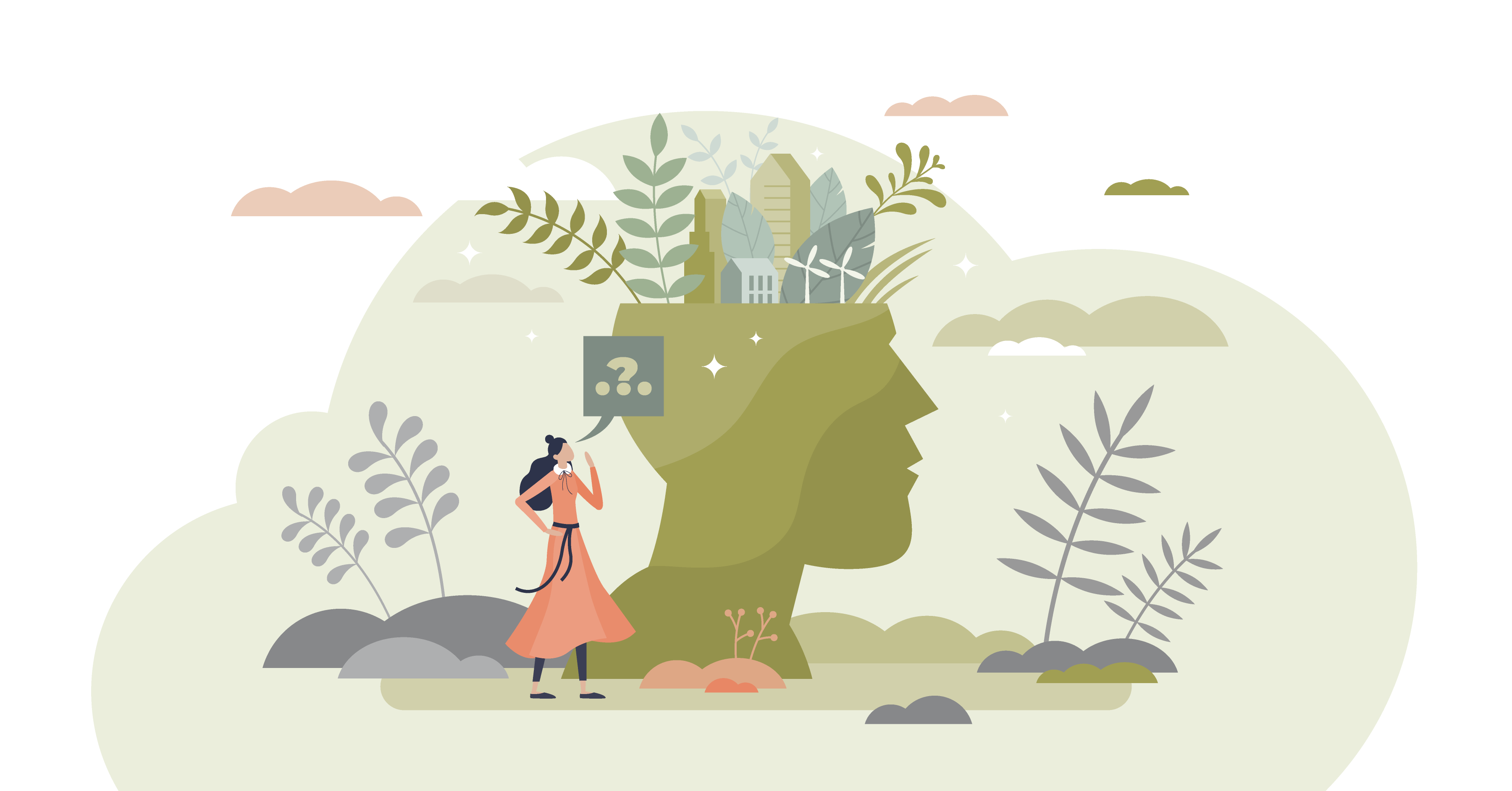

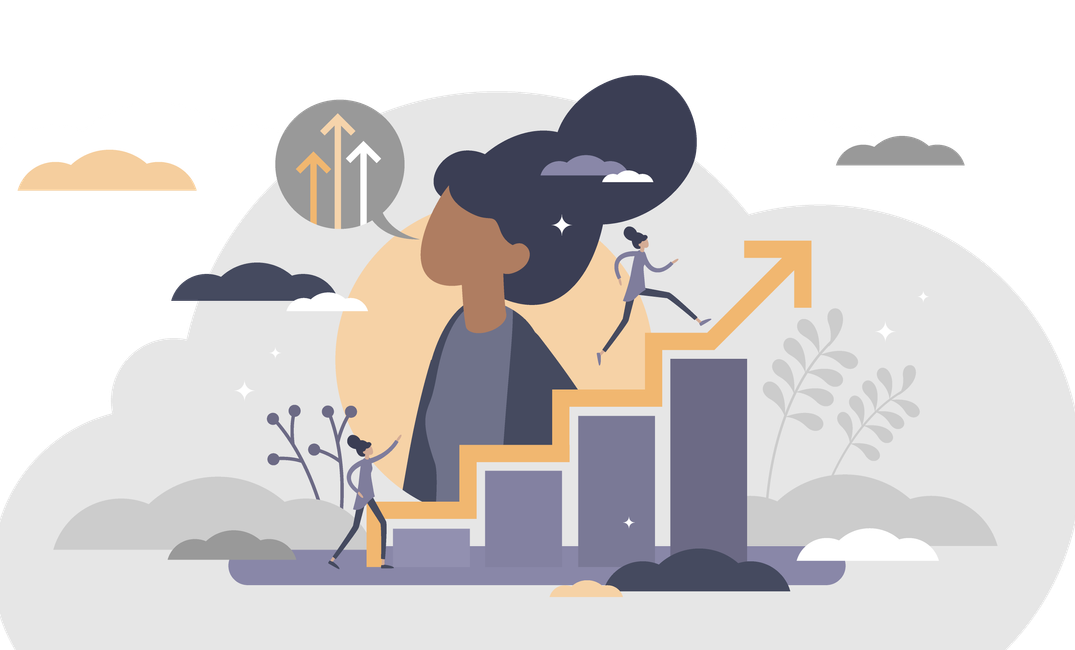


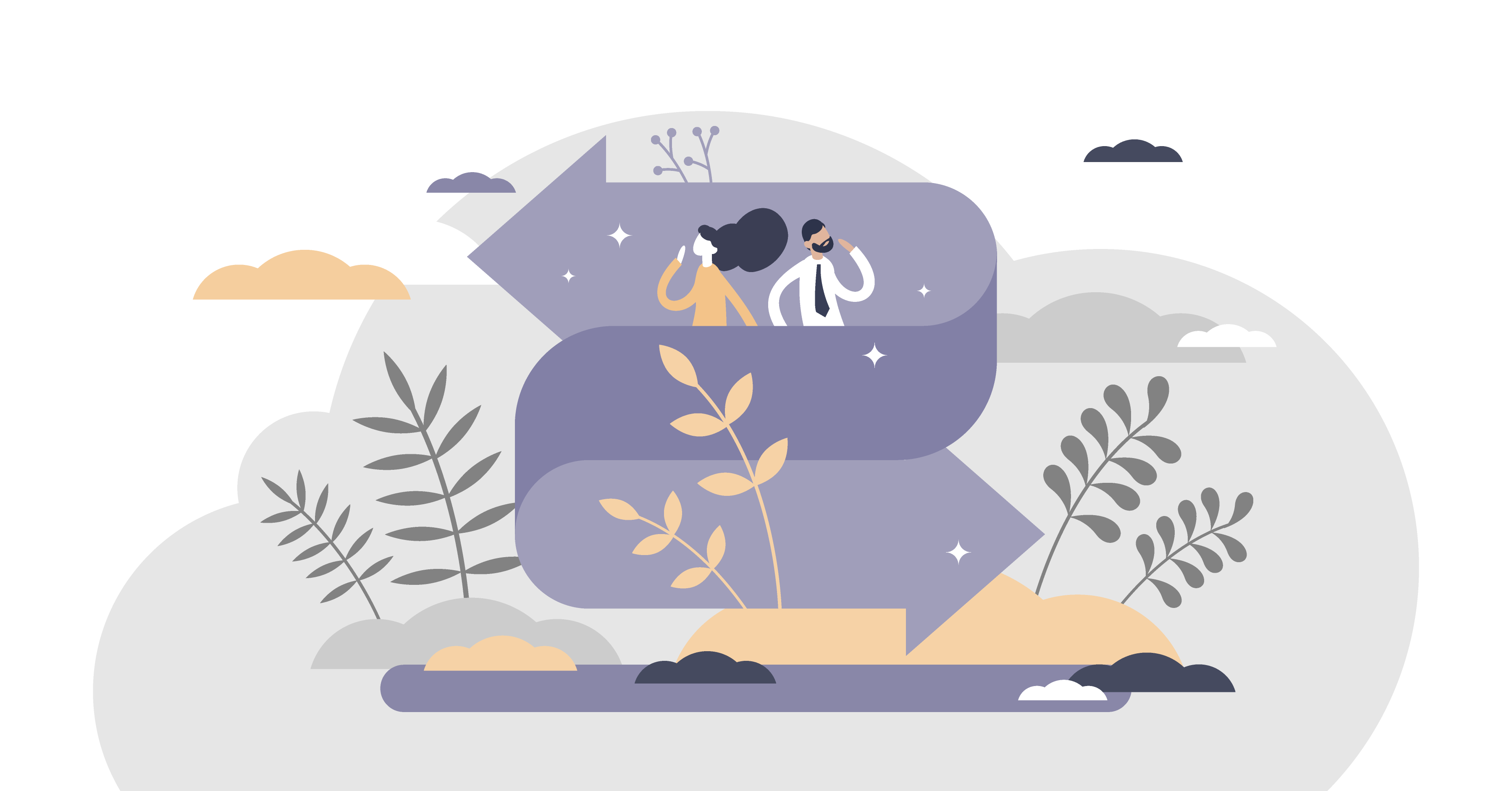
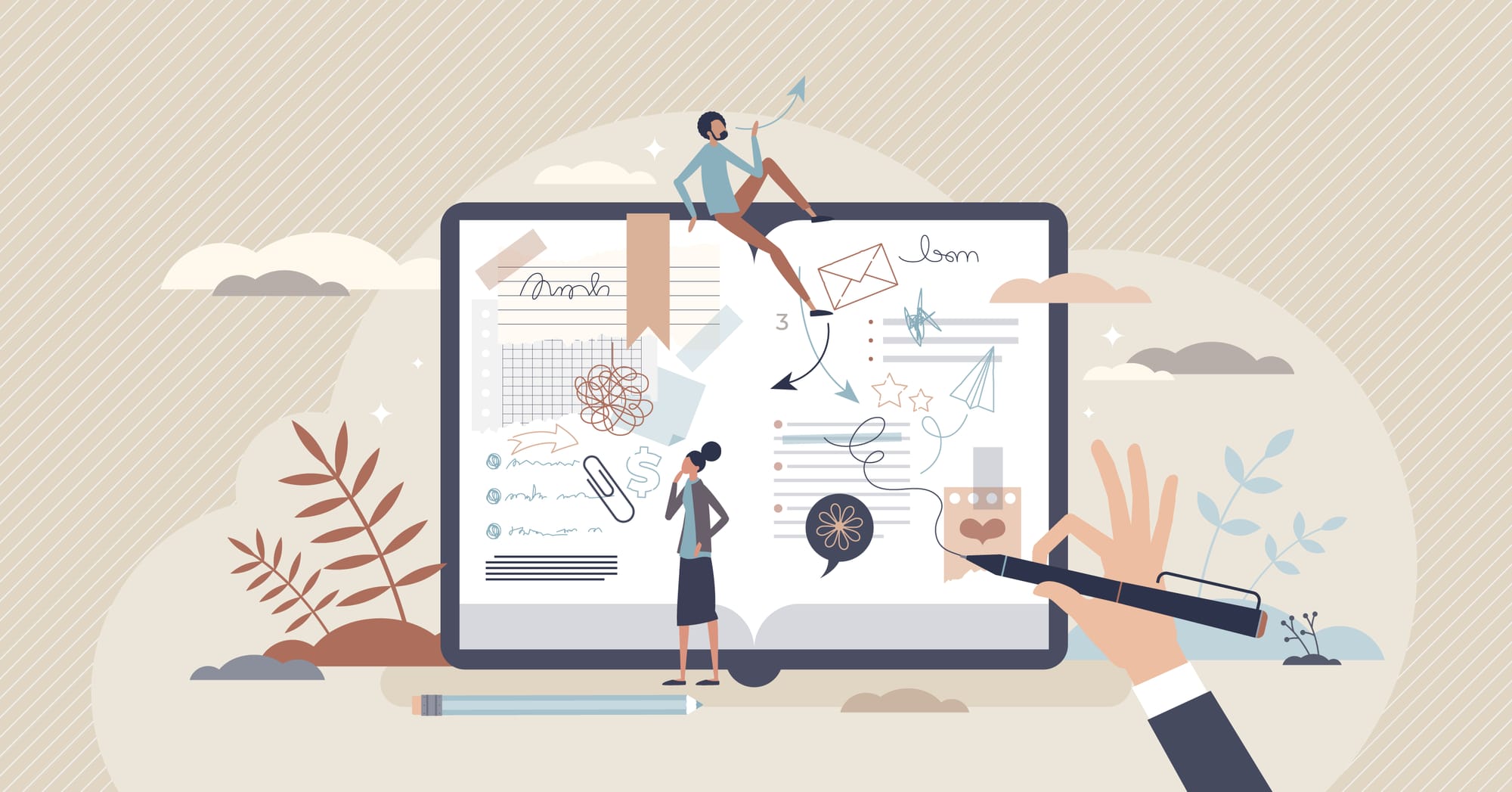
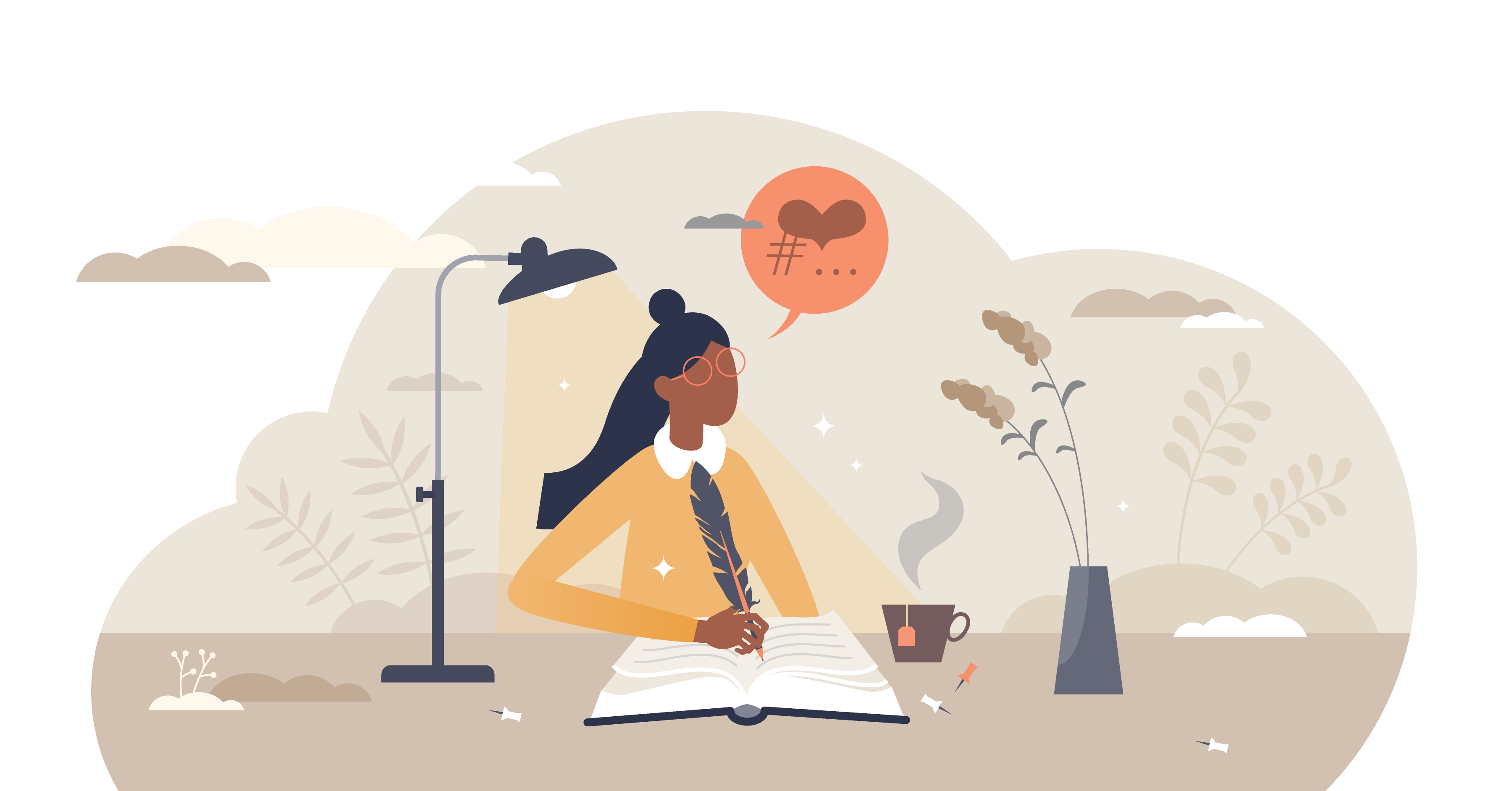
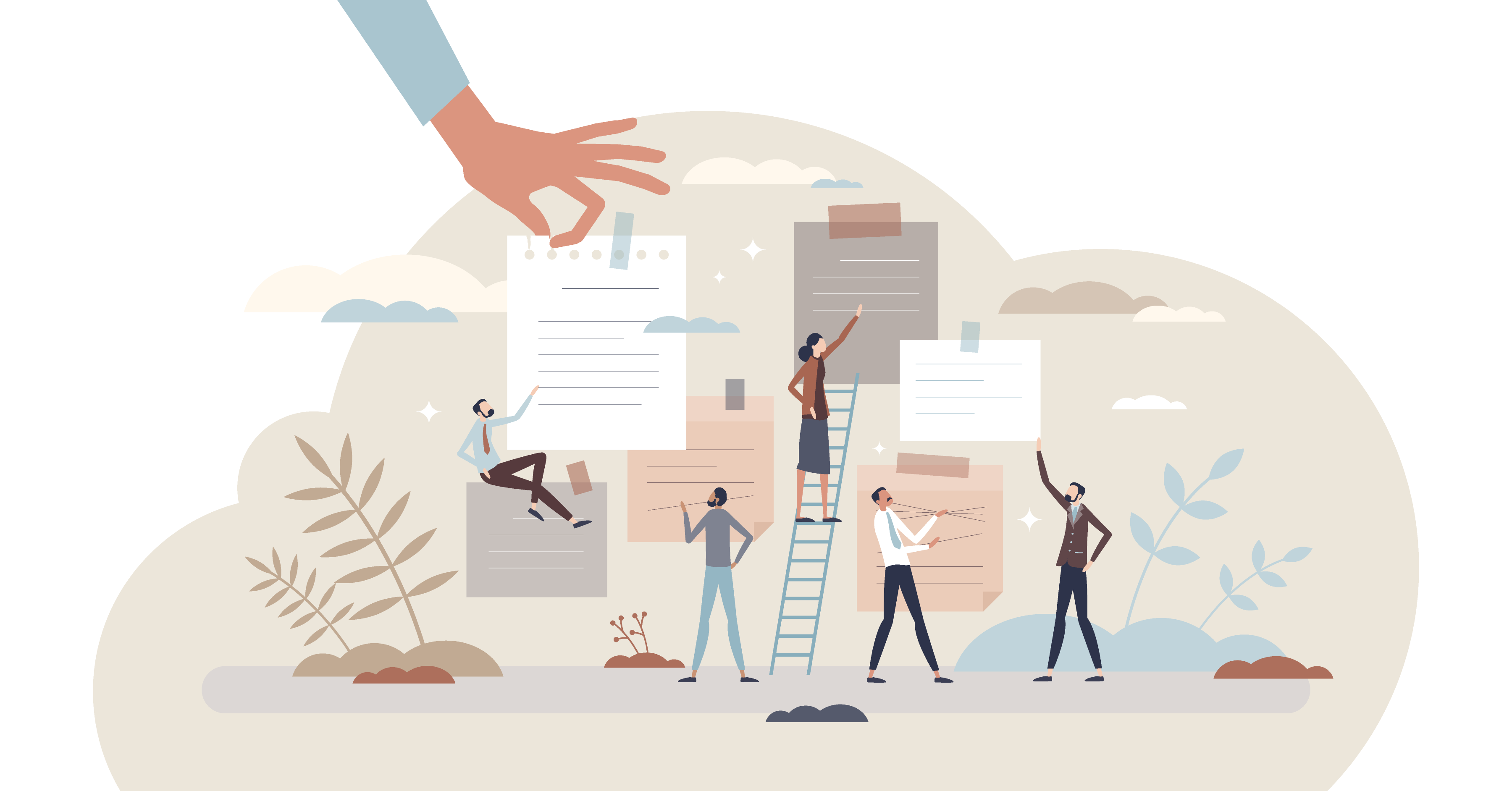
Comments